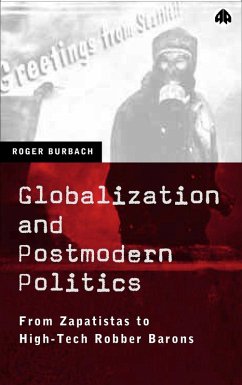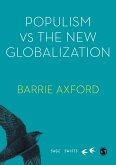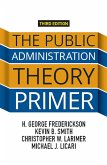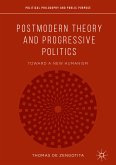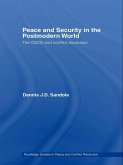The book shows how wealth and power are concentrated in the hands of a transnational elite while ever increasing numbers of people are being marginalised. Institutions such as the World Trade Organisation and the International Monetary Fund are intent upon exercising a new hegemony over individuals as the role of the traditional nation state is transformed. At the centre of this power shift is a group of high-tech robber barons who dominate the Information Age and exploit the technologies of globalisation for their own narrow interests. Roger Burbach explores the rise of the new grass roots oppositional movements around the world. Manifest in such diverse struggles as the uprising of the Zapatistas in Mexico and the battle of Seattle against the World Trade Organisation, this new postmodern politics is 'de-centred' and has little interest in the old ideologies that dominated much of the twentieth century. The final section of the book contextualises postmodern politics by drawing on contemporary examples. The authors discuss the demise of socialist and protosocialist experiments in Chile, Grenada, Nicaragua and Cuba and the emergence of postmodern movements in Latin America. The final two chapters take a specific look at the Zapatista movement and its significance for revolutionary struggles around the world.
Dieser Download kann aus rechtlichen Gründen nur mit Rechnungsadresse in A, D ausgeliefert werden.

